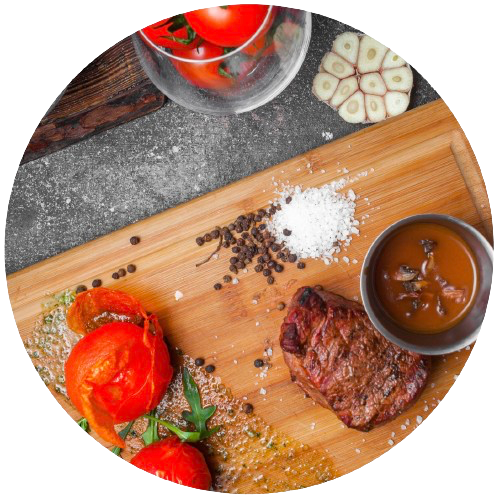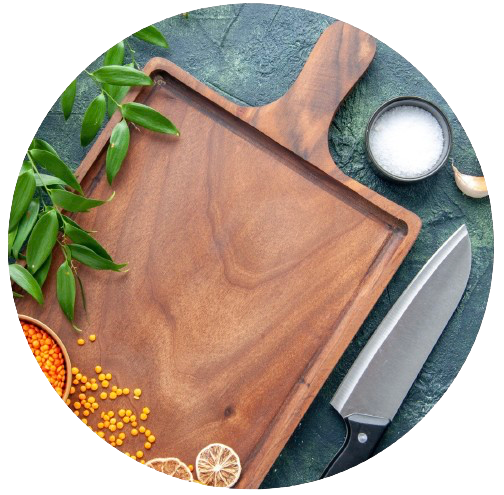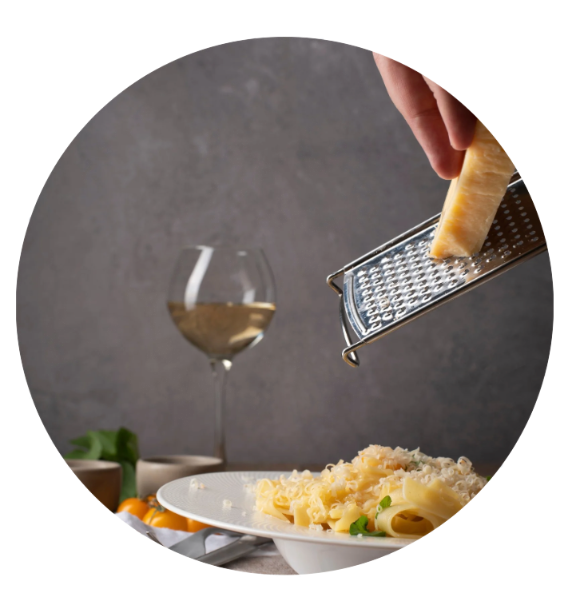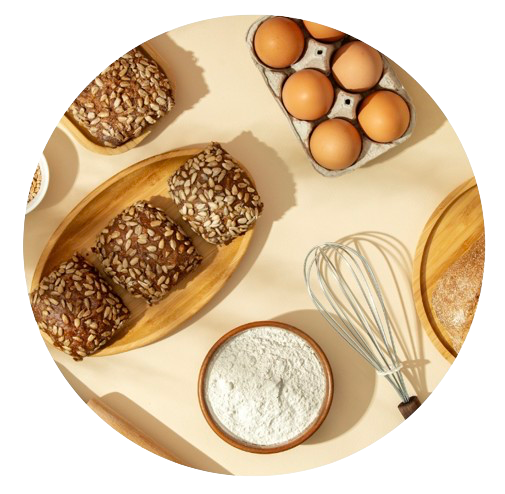Kitchen Tips
Welcome to our Kitchen Tips page! Here, we've curated a collection of practical and insightful tips to elevate your culinary experience. Whether you're looking for ways to simplify meal prep, improve your cooking techniques, or make the most out of your kitchen tools, our expert tips are designed to help you cook with confidence and creativity. Dive in and discover the secrets to becoming a more efficient and inspired home chef!


To bring out the whole flavor of a meal, food—especially meat—must be properly cooked and seasoned. Food inadequately seasoned or cooked unevenly might taste just as bad as it has gone bad. A consistent cooking temperature and the right amount of seasoning bring out the best in every meal.


Before starting to cook, a chef should ensure their knives are sharp. Various foods are easier to slice with sharper knives rather than dull ones, requiring more force and increasing the chance of slipping and getting hurt. Maintaining sharp knives regularly is essential for kitchen efficiency and safety.


Before filtering, save some of the pasta water; this will assist the sauce bond to the pasta and thicken, improving the dish's flavor. This starchy water gives the sauce substance, making the dish taste better and more cohesive. Adding this step to your pasta recipes can improve its quality considerably.


Keeping the kitchen sanitary and well-organized minimizes the strain of having to seek for things by providing more room to move around and quick access to tools and materials. Maintaining this order during the cooking process is made easier by using a "clean as you go" mentality. This procedure improves productivity and makes the kitchen more comfortable.


While precutting fruits and vegetables might save a lot of time, they should be kept in appropriate, sealed containers, especially for veggies like garlic and onions. By doing this, freshness is guaranteed and smells are kept contained. The ingredients' flavor and quality are preserved through proper preservation.


Bread should be kept fresh by refrigeration or sealed in an airtight container to prevent molding, which prolongs the bread's shelf life and maintains its quality, ensuring it remains enjoyable and tasty for an extended period. Proper storage is necessary to prolong the enjoyment of fresh, tasty bread and prevent waste.


The consistency of measurements during the cooking and baking process affects the food's thickness, flavor, and texture. Overcooked or undercooked food might be the consequence of improper portioning, leading to unsatisfactory dishes. Precise measurements are necessary to achieve the intended culinary results and ensure a balanced and well-prepared meal. Attention to detail in measurement can significantly enhance the overall dining experience.



